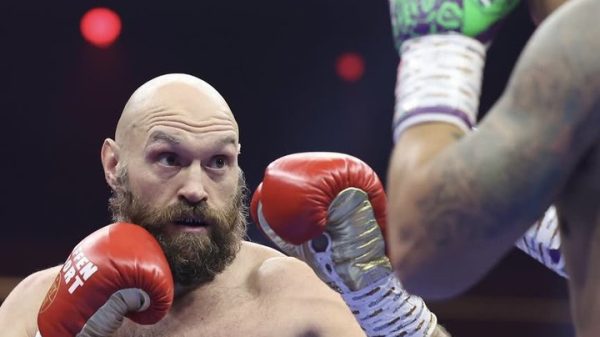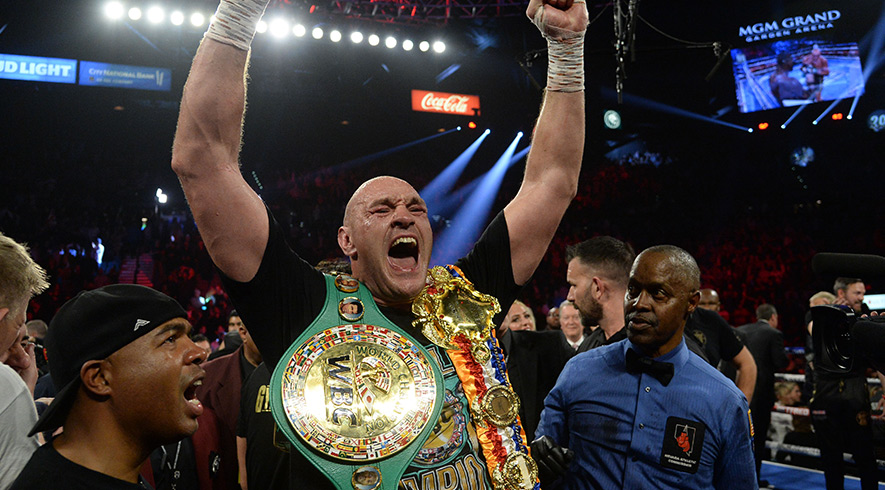By Barry Lindenman
This article is titled “Scoring a Round” as opposed to “Scoring a Fight” because that’s what we as judges are trained to do. We score rounds. We don’t score fights. The winner of the fight is ultimately determined by the points that we award during each round that we score. Our job is to simply assign points to each fighter (based on the 10 point must system less any deductions for fouls, etc.). The fighter that we determine who deserved to win the round based on the standardized scoring criteria (clean punching, effective aggressiveness, etc.) should be awarded more points than the fighter who didn’t deserve to win the round. So why do we have so many controversial split decisions? Here’s my take:
Many judges don’t keep a running mental tally of their score throughout the whole round, but instead wait for the round to end to decide on the winner.
I know this to be a fact because often times I see some of my fellow judges hoping that the ref will pick up their scorecard last when a round ends so they can have more time to decide on who they will score the round for.
Because a fight can be stopped during any part of the round at any time for a variety of reasons, we should know what our score would be at all times during the round.
Some judges interpret “who won the round” to mean “who was winning at the end of the round.”
A round is 3 minutes long and a judge’s score should reflect all the activity for the entire 180 seconds of the round.
The winner of the round should not be determined simply by who had the advantage over their opponent when the bell rang to end the round.
The same scoring criteria (clean punching, effective aggressiveness, etc.) is as important to gauge during the first 2:30 of the round as it is during the last 0:30.
Some judges only “wake up” when the timekeeper bangs on the ring canvas to signify the last 10 seconds of the round.
By this I mean that it takes discipline and concentration to focus on the action of a boxing match for a full 3 minutes.
Some judges temporarily get distracted or lose their concentration which could affect their scoring of the round.
Some judges are incorrectly influenced by what they hear (i.e. crowd reaction) vs. what they actually see (activity in the ring).
Some judges give fighters too much credit for missed punches and blocked punches.
Flicking a jab and hitting only air doesn’t score
Throwing a punch that is clearly blocked by the opponent doesn’t score (despite the potential crowd reaction)
Some judges ignore the subtleties that occur during a round.
During a round where the action is fast and furious between the fighters, which fighter is initiating the action and which fighter ends the flurry?
Does one fighter seem more reluctant to fight after a furious exchange?
Has one fighter’s punch output slowed after a furious exchange?
Paying attention to subtle factors such as these can sometimes help determine which fighter is inflicting more damage to their opponent
Some judges are in the sport for the wrong reason.
Numerous times, the first thing that some fellow judges will say to me is “when do we get paid?”
If you wouldn’t accept a judging assignment if there was no pay involved, the sport of boxing might not be your passion
Whenever I’m given an assignment, I tell my wife that I would do it for nothing (and I mean that literally)
It is a privilege to be assigned to judge a fight; don’t take advantage of the opportunity if you’re not truly passionate about the sport
There are many mistakes made in the sport of boxing but if we don’t learn from our mistakes, that would be the biggest mistake of all.







